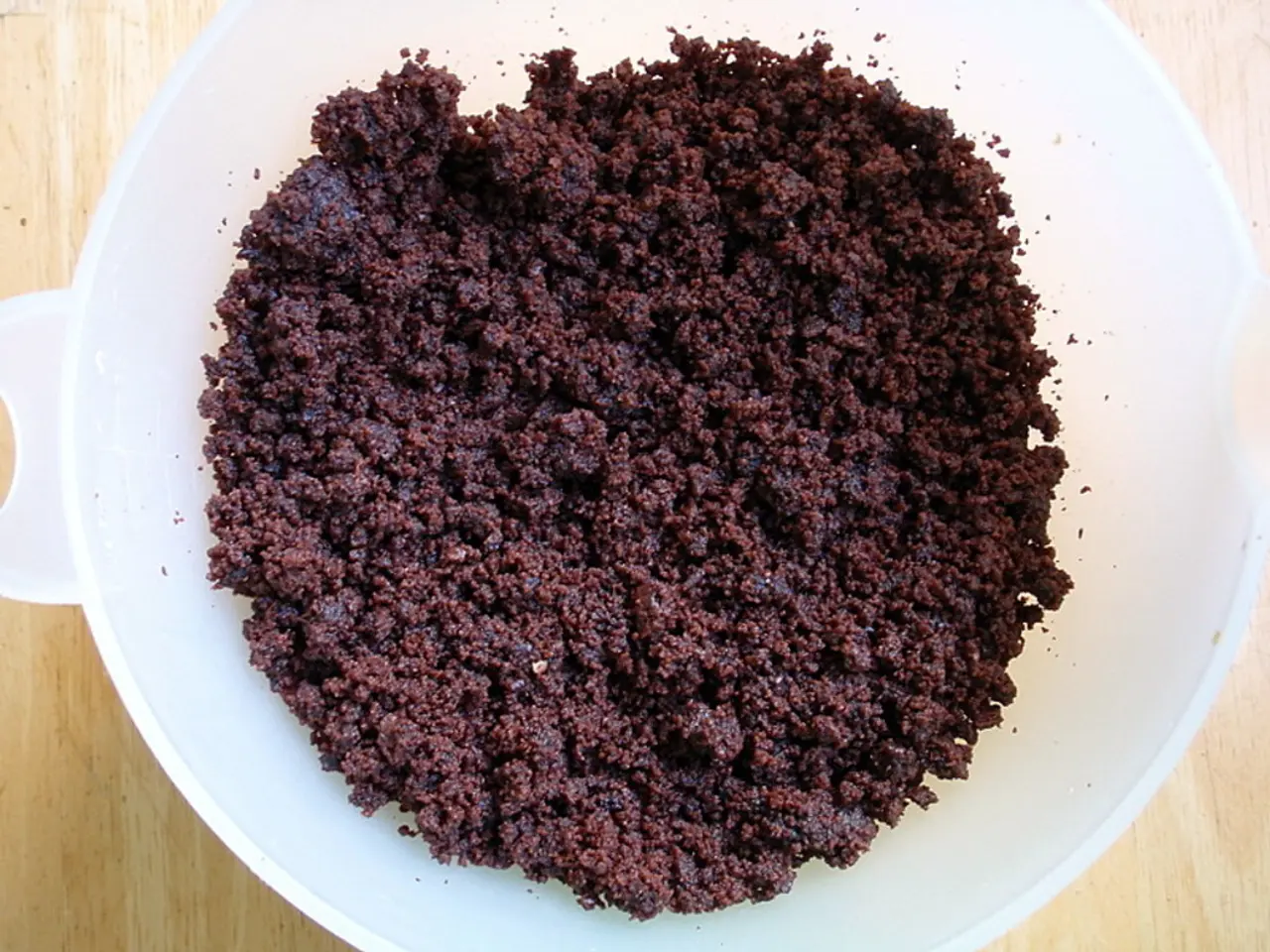Proctitis: Causes, Symptoms, and Effective Treatments for IBD Patients
Proctitis, an inflammation of the inner rectum lining, affects about 30% of individuals with inflammatory bowel disease (IBD) at some point. This condition can cause discomfort, pain, and a persistent urge to defecate. Understanding its causes and treatments is crucial for managing this condition.
Proctitis can stem from various causes, including sexually transmitted infections, IBD, anal trauma, and infections. Common symptoms include tenesmus, rectal and abdominal pain, bleeding, mucus discharge, loose stools, and watery diarrhea. Treatment goals focus on reducing inflammation, controlling pain, and treating infections. Medications like anti-inflammatories, antibiotics, antifungals, immunosuppressants, and biologics are used, with specific choices depending on the root cause. For instance, Colitofalk (mesalazine) suppositories are employed for proctitis linked to autoimmune diseases like Crohn's disease or Behçet's syndrome. In severe or recurring cases, surgery may be necessary, particularly when associated with ulcerative colitis or Crohn's disease.
Lifestyle adjustments often accompany medicinal treatments. These may include dietary changes, stress management, and maintaining good anal hygiene. Proctitis can significantly impact quality of life, making prompt and effective management essential.
Proctitis, a common complication in IBD patients, requires a multi-faceted approach. Understanding its causes, recognizing symptoms, and employing appropriate treatments can help manage this condition effectively. While medications are the primary treatment, surgery may be necessary in severe or recurring cases. Early intervention and proper management can significantly improve the lives of those affected by proctitis.
Read also:
- Inadequate supply of accessible housing overlooks London's disabled community
- Strange discovery in EU: Rabbits found with unusual appendages resembling tentacles on their heads
- Duration of a Travelling Blood Clot: Time Scale Explained
- Fainting versus Seizures: Overlaps, Distinctions, and Proper Responses






